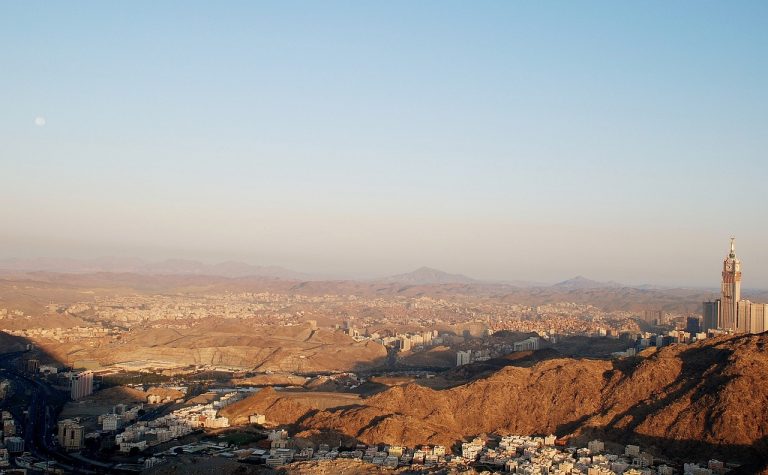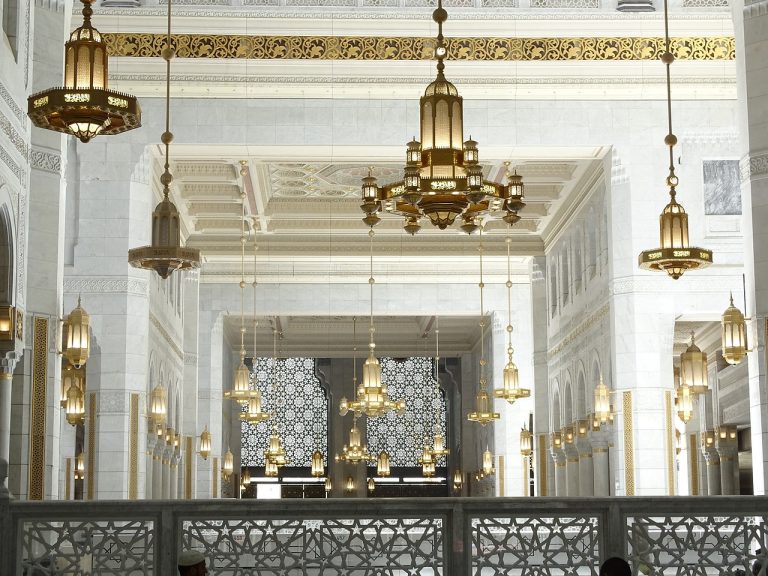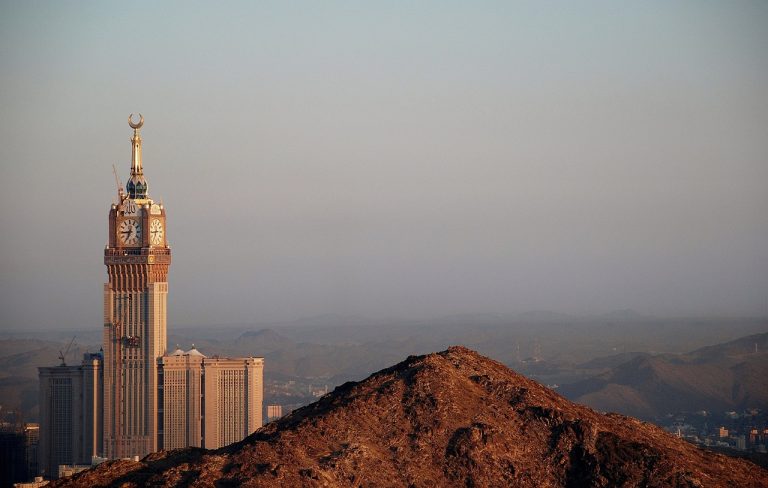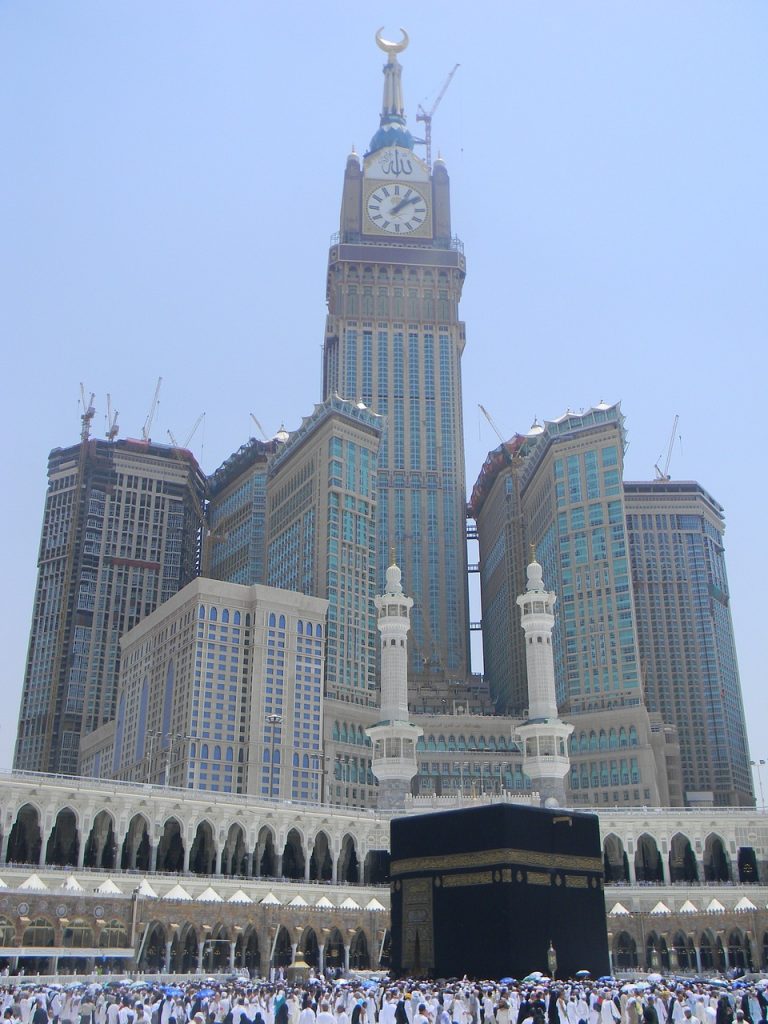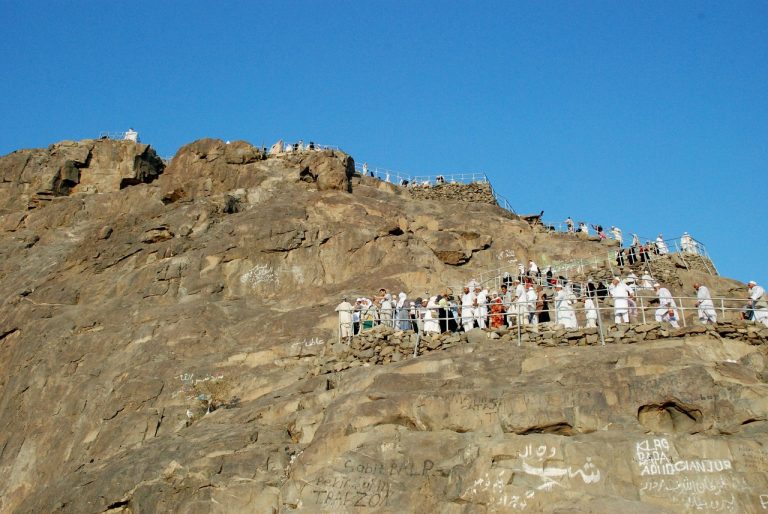Mecca Saudi Arabia Video
Social and Cultural Impact of Mecca Saudi Arabia
Mecca, located in Saudi Arabia, holds immense significance for Muslims around the world. As the birthplace of Islam and the holiest city in the religion, Mecca attracts millions of pilgrims every year. The social and cultural impact of Mecca is profound, shaping the lives of Muslims and influencing societies globally. This article explores ten key aspects of Mecca’s social and cultural impact, highlighting its historical, religious, and societal significance.
Religious Pilgrimage: Hajj and Umrah
The annual pilgrimage to Mecca, known as Hajj, is one of the five pillars of Islam and a fundamental religious duty for Muslims. Every year, millions of Muslims from different parts of the world gather in Mecca to perform rituals prescribed by Islamic tradition. The Hajj pilgrimage fosters a sense of unity and equality among Muslims, regardless of their social status, nationality, or race. Similarly, the lesser pilgrimage known as Umrah also attracts a significant number of visitors to Mecca throughout the year.
- Unity: The Hajj pilgrimage promotes unity among Muslims by bringing them together from diverse backgrounds and cultures.
- Spiritual Cleansing: Pilgrims seek spiritual purification and forgiveness through their participation in Hajj and Umrah.
- Education: The pilgrimage offers an opportunity for Muslims to deepen their understanding of Islamic teachings and history.
- Global Connections: Hajj and Umrah foster connections among Muslims worldwide, promoting cultural exchange and understanding.
Historical Significance: Birthplace of Islam
Mecca holds immense historical significance as the birthplace of Islam and the site where the Prophet Muhammad received revelations from Allah. The Kaaba, the most sacred site in Islam, is located in Mecca. The historical importance of Mecca is deeply ingrained in Islamic tradition and has shaped the development and spread of the religion.
- Prophet Muhammad: Mecca is intimately linked to the life of Prophet Muhammad, who was born in the city and began preaching Islam there.
- Revelations: The revelations received by the Prophet Muhammad in Mecca form the basis of the Quran, the holy book of Islam.
- Kaaba: The Kaaba, believed to be built by Prophet Abraham and his son Ishmael, is a focal point for Muslims in their daily prayers.
- Early Islamic History: Mecca played a vital role in the early development of Islam, serving as a center for religious, political, and social activities.
Mecca Saudi Arabia Image 1: 
Spiritual Center: Masjid al-Haram
Masjid al-Haram, also known as the Grand Mosque, is the largest mosque in the world and surrounds the Kaaba. It serves as a spiritual center for Muslims and holds great cultural significance.
- Prayer and Worship: Muslims from all over the world come to Masjid al-Haram to perform their daily prayers and engage in worship.
- Tawaf: The ritual of Tawaf, circling the Kaaba seven times, is a central act of worship for pilgrims visiting Mecca.
- Zamzam Well: Located within the Grand Mosque, the Zamzam Well is believed to have provided water to Prophet Ismail and his mother Hagar, and it continues to be a source of spiritual significance for Muslims.
- Architectural Marvel: The Grand Mosque’s architecture, including the iconic Black Stone and the minarets, showcases Islamic art and design.
Global Impact: Spread of Islam
Mecca’s influence extends far beyond its borders, as it serves as a focal point for Muslims worldwide. The teachings and practices associated with Mecca have played a significant role in the spread of Islam and the establishment of Muslim communities across the globe.
- Missionary Work: Muslims who have performed Hajj or Umrah often share their experiences and knowledge, contributing to the spread of Islamic teachings.
- Mosques and Islamic Centers: The establishment of mosques and Islamic centers in different countries reflects Mecca’s influence on the global Muslim community.
- Islamic Finance: Mecca’s significance has contributed to the growth of Islamic finance, which follows principles derived from Islamic teachings.
- Cultural Exchange: Muslims from various cultures and backgrounds interact in Mecca, leading to the exchange of ideas, traditions, and practices.
Mecca Saudi Arabia Image 2: 
Economic Impact: Tourism and Trade
Mecca’s status as a religious center attracts millions of visitors each year, resulting in a significant economic impact on the city and the wider region. The influx of pilgrims and tourists supports various industries, including hospitality, transportation, and retail.
- Hotels and Accommodation: Mecca offers a wide range of hotels and accommodations to cater to the needs of pilgrims and tourists.
- Retail and Souvenirs: The sale of religious artifacts, souvenirs, and other merchandise related to Mecca and Islam contributes to the local economy.
- Transportation Services: Airlines, taxis, and rideshare services benefit from the increased demand for transportation to and within Mecca.
- Job Creation: The tourism industry in Mecca provides employment opportunities for local residents and contributes to the overall economic growth of the region.
Cultural Exchange: Diversity and Interactions
Mecca serves as a melting pot of diverse cultures and traditions, as Muslims from around the world gather in one place. This cultural exchange promotes understanding and tolerance among different communities.
- Linguistic Diversity: The diverse linguistic backgrounds of pilgrims create opportunities for language learning and cultural exchange.
- Culinary Traditions: Mecca’s food scene reflects the diverse cuisines of different Muslim cultures, allowing visitors to experience a variety of culinary delights.
- Traditional Attire: Pilgrims often wear traditional clothing from their home countries, showcasing the rich cultural heritage of different Muslim communities.
- Interfaith Dialogue: Mecca’s importance as a religious center provides a platform for interfaith dialogue and understanding between Muslims and non-Muslims.
Mecca Saudi Arabia Image 3: 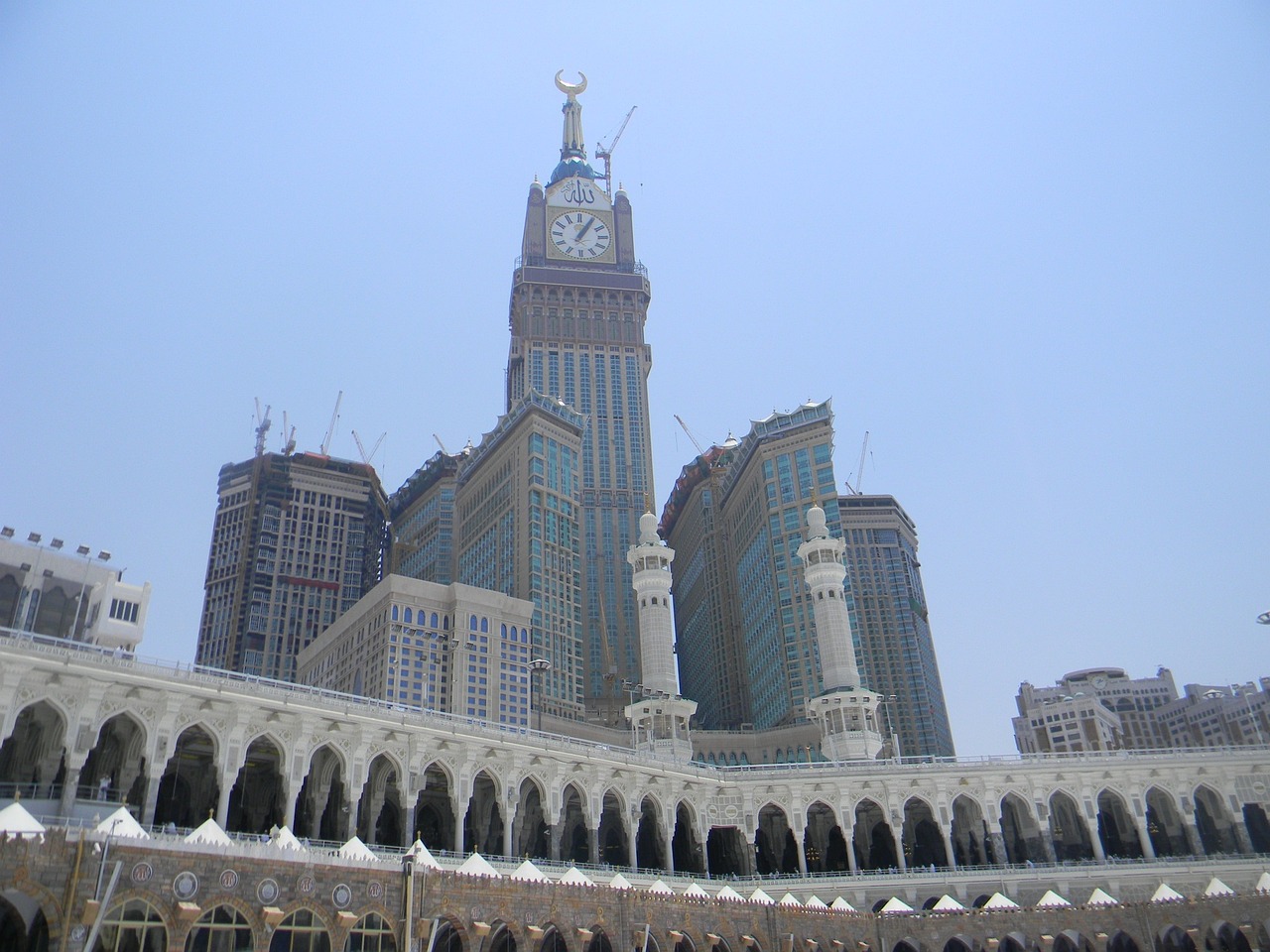
Social Welfare: Charity and Philanthropy
Mecca’s religious significance inspires acts of charity and philanthropy among Muslims. Many pilgrims and visitors contribute to charitable causes in Mecca and support initiatives aimed at improving the lives of others.
- Zakat: Muslims are encouraged to give a portion of their wealth (Zakat) to those in need, and Mecca serves as a hub for charitable organizations and initiatives.
- Humanitarian Assistance: Mecca attracts humanitarian organizations and volunteers who provide aid and support to those in need during Hajj and throughout the year.
- Healthcare Services: The healthcare infrastructure in Mecca is well-developed to cater to the medical needs of pilgrims and residents.
- Provision of Shelter: The government and charitable organizations provide temporary accommodation and facilities for pilgrims during Hajj.
Architectural Marvels: Modern Development
Mecca has witnessed significant architectural development in recent decades, with the construction of modern infrastructure and buildings to accommodate the growing number of pilgrims and visitors.
- Expansion of the Grand Mosque: Ongoing expansion projects have increased the capacity of the Grand Mosque, allowing more pilgrims to visit each year.
- High-rise Hotels and Towers: The skyline of Mecca is dotted with high-rise hotels and towers that provide accommodation and facilities for pilgrims.
- Transportation Infrastructure: The development of transportation infrastructure, including roads, railways, and airports, facilitates the movement of pilgrims and visitors.
- Modern Amenities: Mecca offers modern amenities, including shopping malls, restaurants, and entertainment facilities, to cater to the needs of pilgrims and tourists.
Environmental Considerations: Sustainable Practices
Mecca’s environmental impact is a growing concern, given the large number of visitors and the associated infrastructure development. Efforts are being made to adopt sustainable practices and minimize the ecological footprint of pilgrimages.
- Water Conservation: Initiatives are in place to reduce water consumption and promote responsible usage in Mecca.
- Waste Management: Proper waste management systems aim to handle the significant waste generated during Hajj and Umrah.
- Green Initiatives: The use of renewable energy sources and the implementation of eco-friendly practices are being explored to mitigate environmental impacts.
- Public Awareness: Education and awareness campaigns promote responsible behavior and environmental stewardship among pilgrims and residents.
Conclusion
Mecca, Saudi Arabia, holds immense social and cultural significance, shaping the lives of Muslims and influencing societies globally. From religious pilgrimage to historical heritage, Mecca’s impact extends to various aspects of life, including spirituality, economics, and cultural exchange. As the heart of Islam, Mecca continues to play a central role in shaping the social fabric and cultural diversity of the Muslim world.
References
– aljazeera.com
– islamiclandmarks.com
– saudigazette.com.sa
– arabnews.com
– bbc.com


